|
Hollywood has a long standing love for the Mafia and mobster life. It’s often a romantic and glossy portrayal. Cigar smoke bellows around the faces of the bosses as they order the neat disposal of those who commit minor infractions. But what of the real Mafia? The wives screaming in the street over the lifeless bodies of their husbands? What of the child lying face down in his own blood, murdered for the simple and horrific act of witnessing his father being killed? “Shooting the Mafia” (2019) shows us the fear and trauma inflicted by the Mafia as well as showcasing a brave and strong woman who stood up to this tyranny. It is a call to justice while holding a mirror to our romanticised fascination with the Mafia. In this documentary, director Kim Longinotto tells the story of Letizia Battaglia, the first female photographer to work for a daily newspaper in Italy. Letizia had a difficult early life with a tyrannical father, and then she married an abusive older man at just 16 years old. A story far from uncommon for women at the time. At the age of 40 she took up photography for Palermo’s daily newspaper L’Ora. Just three days into the role she photographed the long-dead body of a man murdered by the Mafia. Her first of a great many. “I realise now I’ve never been at peace” Despite death threats and seeing the bodies of murder victims on a daily basis she fought against the Mafia for decades and is now hailed as a hero. What I particularly like about this film is that the director keeps the focus on Battaglia’s journey and her quest for justice via the art of photography, not the Mafia themselves. In that sense it reflects the style of Battaglia’s photographs – not strictly about the Mafia but about the impact they have on others. Battaglia’s early life is represented by footage from older Italian films rather than hazy reconstructions. It was a nice way of illustrating very specific memories. These clips could also be seen as an alternative to the films that uphold corruption and male violence. The clips are mixed with interviews, TV news footage and of course Battaglia’s own photographs. Longinotto could have used images from any number of Mafia movies and presented them in contrast to the reality that was the subject of the film. But she chose not to, instead keeping it apart from those sanitised images and letting the viewer draw their own connections. Despite being such a good self-taught photographer I was struck by how much Battaglia came to hate her photographs and wanted to burn them all. She hated how much people liked their quality when they represent so much pain. “I want to take away the beauty that others see in them. I want to destroy them” She said that photographing trauma is embarrassing and expressed a huge amount of love towards the subjects. She regrets that she couldn’t tell people in mourning that she loves them. Longinotto reflects this great compassion throughout the film. The subject is incredibly hard hitting but she keeps the focus on the victims, their pain and their trauma. A gender divide is also apparent. The people in power throughout Battaglia’s life have been men and she had to fight to even be allowed into places she needed to photograph. Those in the Mafia are men and the people making Hollywood films about them are men. But those shown screaming in the streets in the photographs are women. Battaglia is a woman telling their stories and here we have a female filmmaker in turn telling Battaglia’s story. Battaglia stood up to the Mafia at a time when they murdered anyone who stood in their way. “Shooting the Mafia” presents her as a strong and compassionate woman willing to take risks. Some may find the content distressing but it is a very important story about fighting corruption and violence with art. I came away understanding that no Hollywood film has fully expressed the trauma and fear of living in a society ruled by the Mafia. Here we have a female filmmaker using her art to tell of another woman using her art, all in the pursuit of justice. Comments are closed.
|
AuthorHi, I'm Caz. I live in Edinburgh and I watch a lot of films. My reviews focus mainly on women in film - female directors or how women are represented on screen. Archives
December 2021
Categories
All
|
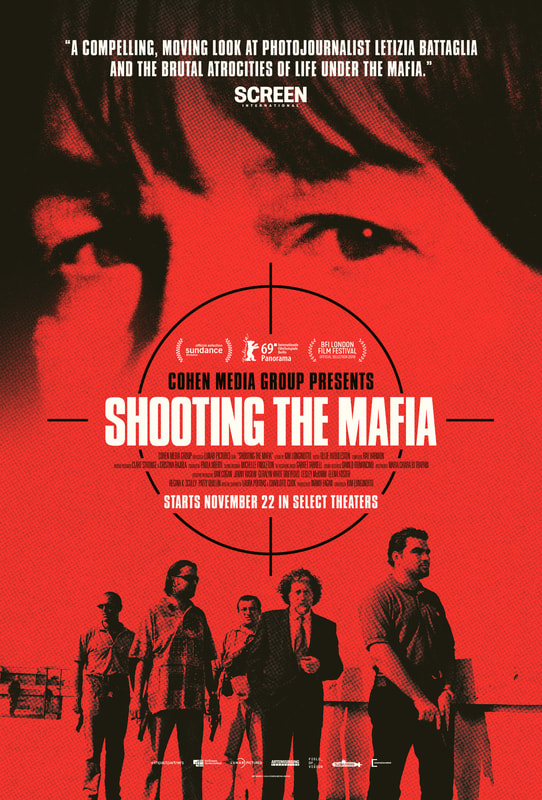


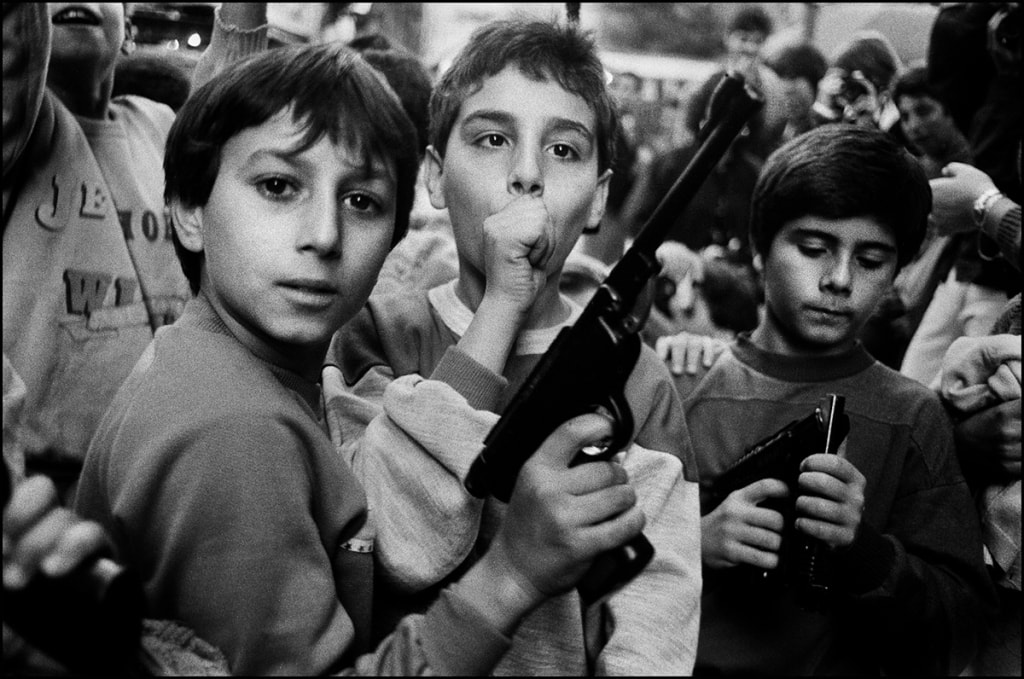
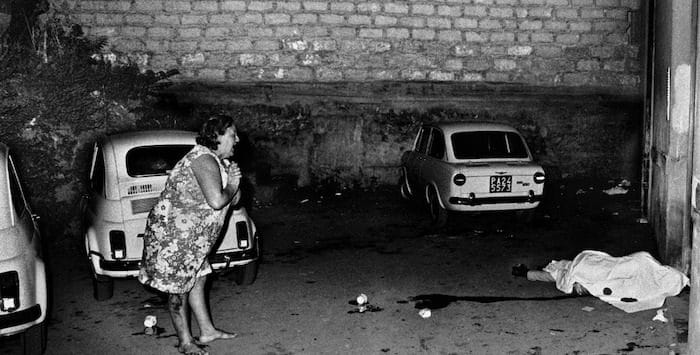
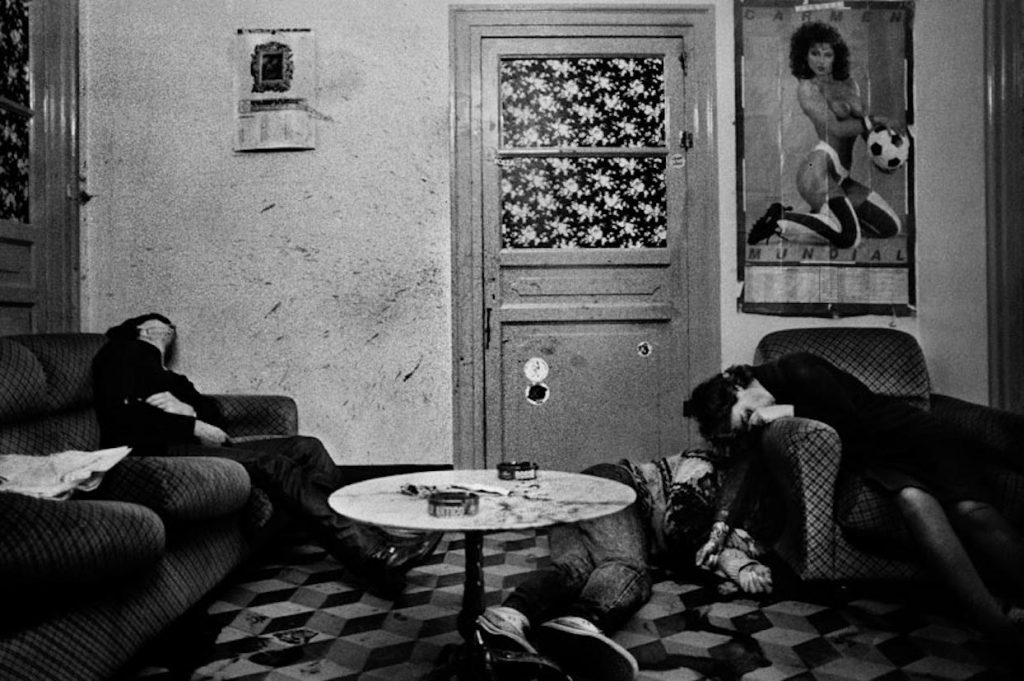
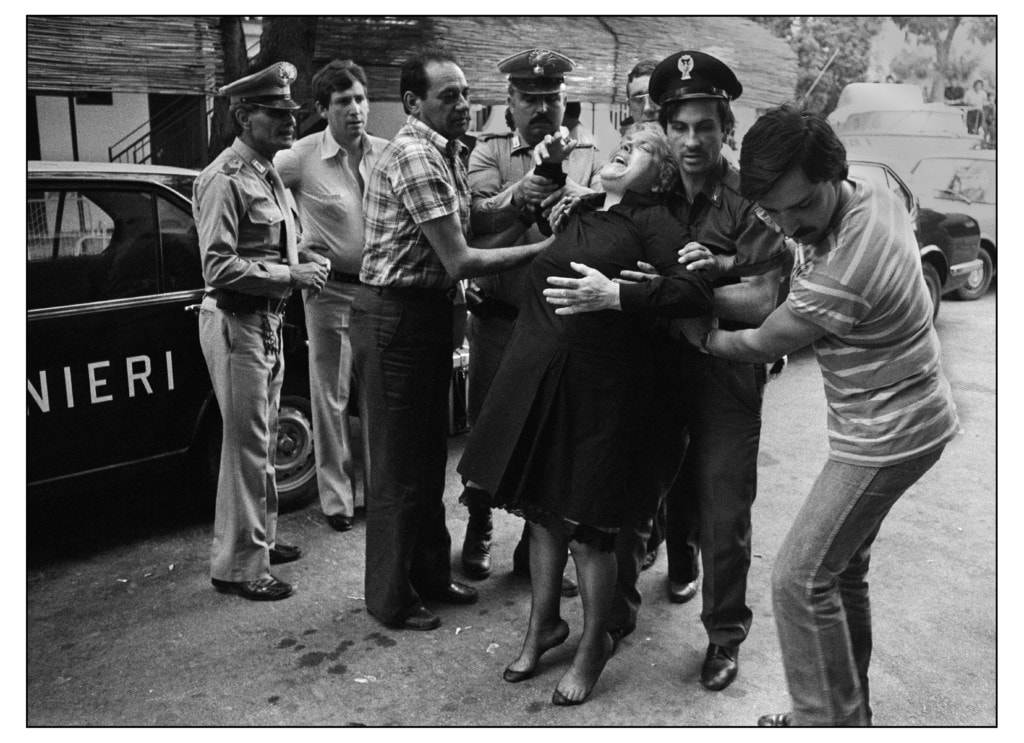
 RSS Feed
RSS Feed
